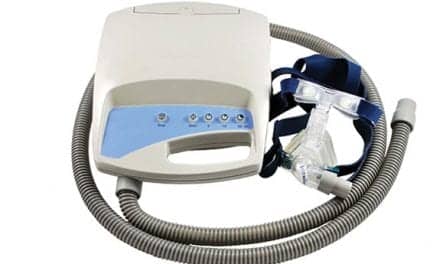08/23/06
In what is believed to be the first study showing neural changes in the brains of children with serious, untreated sleep apnea, Johns Hopkins researchers conclude that children with the disorder appear to suffer damage in two brain structures tied to learning ability.
Writing in the August 22 issue of the global online journal Public Library of Science Medicine, the Hopkins investigators say they compared 19 children with severe obstructive sleep apnea (OSA) to 12 children without the disorder. Using a special type of MRI, researchers identified changes to the hippocampus and the right frontal cortex. Next, using IQ tests and other standardized performance tests that measure verbal performance, memory and executive function, researchers were able to link the changes in the two brain structures to deficits in neuropsychological performance.
The hippocampus, a structure in the temporal lobe, is vital to learning and memory storage, while the right frontal cortex governs higher-level thinking, such as accessing old memories and using them in new situations.
The researchers found that children with OSA had lower mean IQ test scores (85) than children without OSA (101). Children with OSA also performed worse on standardized tests measuring executive functions, such as verbal working memory (8 versus 15) and word fluency (9.7 versus 12).









